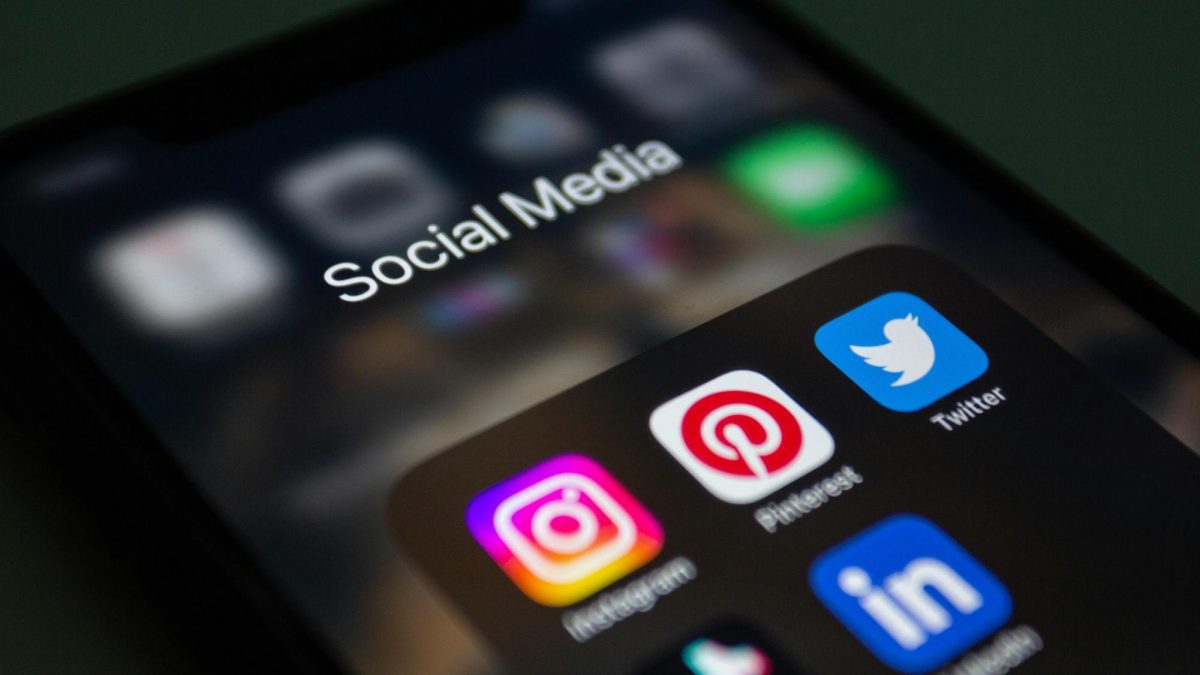Since the internet was created, we’ve all been warned about the dangers that come with easy access to anything in the world, especially for kids. Cyber-bullying, misinformation, and worsened mental health have all been common effects of social media. It’s easy to say that we can prevent these things from happening, but are our efforts really enough?
The National Library of Medicine reported that in a survey about social media, 71% of parents said that they are worried about their children being exposed to inappropriate content on the internet. Full access to all aspects of the internet is being given to children through a simple Google search. While the results can be filtered or blocked completely by parents and schools, kids have always been able to bypass these walls. These barriers can be as easy as a shared family passcode that a kid can guess, so that once they find success, they are putting themselves back in a dangerous position of vulnerability.
A major issue that is causing children to use the internet is peer pressure. If all of a child’s friends at school have unlimited access to their phones or tablets, the child will naturally feel left out because they feel the need to fit in with their peers. Unfortunately, this leads to children feeling isolated because a child without social media is now seen as “uncool” or “boring.” This destroys a kid’s mental health and self-esteem at such a young age.
However, if a child does engage in social media, they are still at risk of being a victim of bullying. This form of online bullying is called cyber-bullying, and it’s becoming more widespread because many more people find it easier to hide behind a screen to bully others. Schools have anti-bullying lessons, and punishments are given to those who are caught, but many victims feel embarrassed to speak out about their cyber-bullying experience, so many bullies still do not see any repercussions.
Aside from safety issues, screen time is another important factor. Mayo Clinic reports that kids who spend too much time online can develop more behavior issues, aggression, lower thinking and language skills, sleep issues, and more. The Cleveland Health Clinic also stated, “Teens who spend more than three hours a day on social media double their risk of depression and anxiety.” That’s why regulations and screen time limits are necessary, as anyone can get overwhelmed and carried away online. However, since the measures that have been put in place can still be turned off and bypassed by kids, it means they are not foolproof in keeping kids safe or healthy online.
If the prevention efforts that currently exist are so easy to get around, what else is there to do? New ideas need to be implemented for online security and safety for people, especially children, so that everyone can stay safe online and use technology in its intended ways–to learn, explore, and improve our daily lives, not ruin them.























